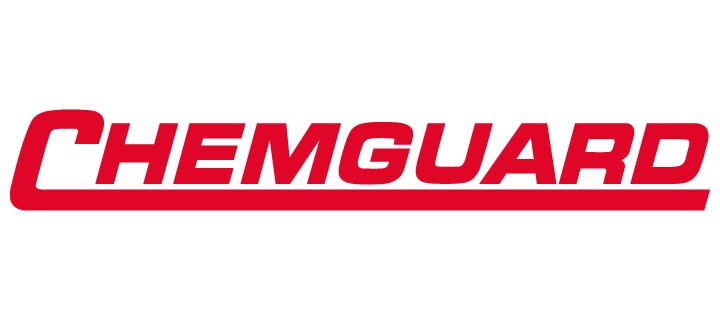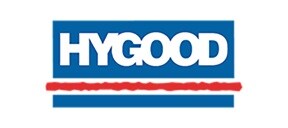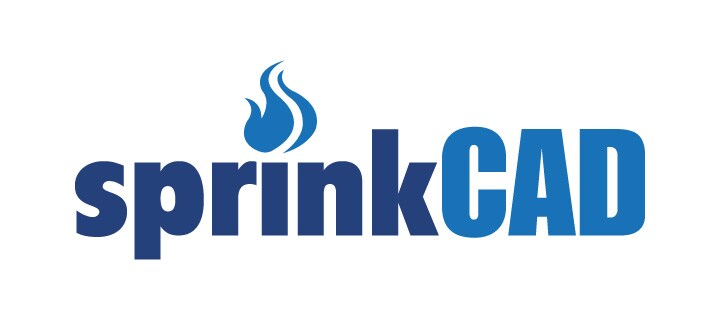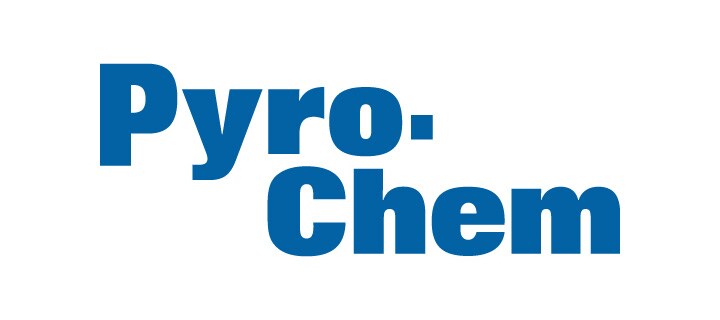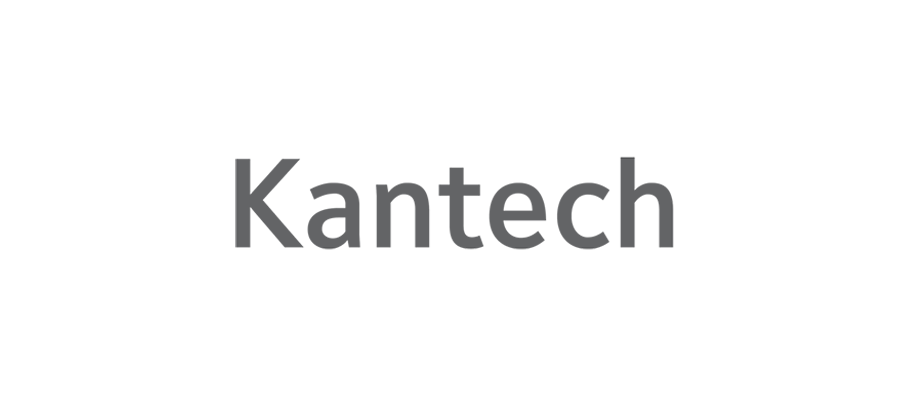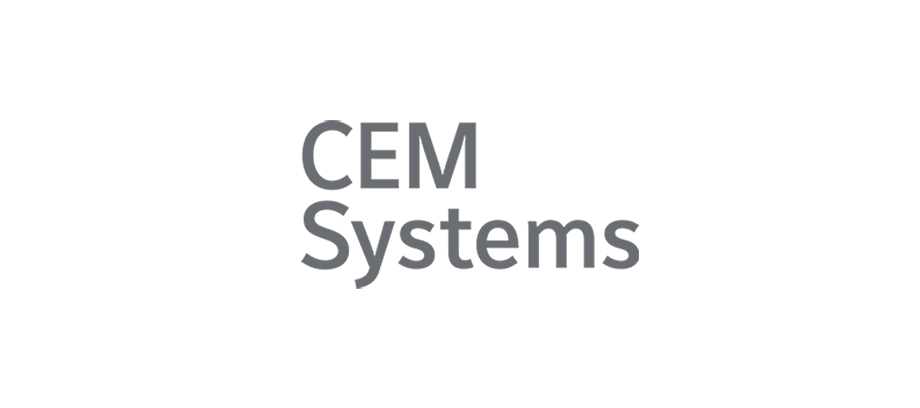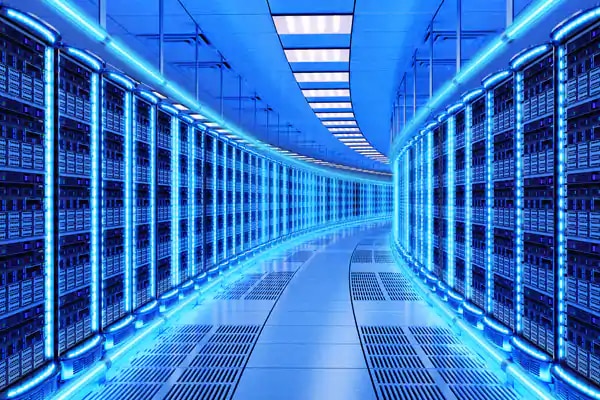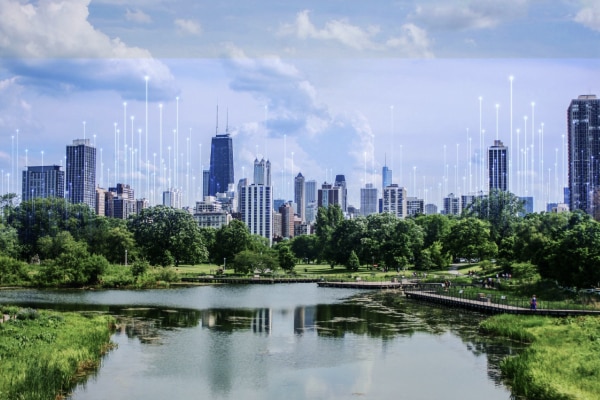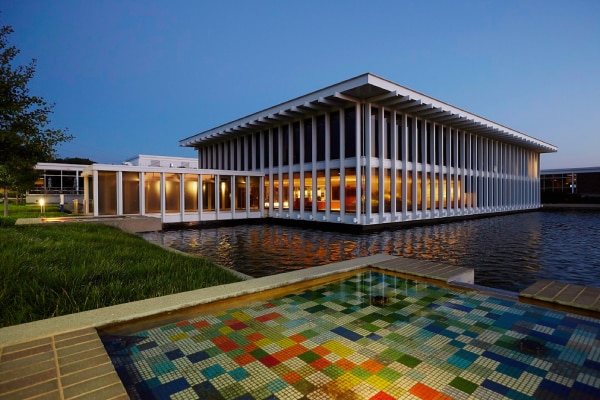- Johnson Controls
- Insights
- IoT and Smart Buildings for the Next Generation of Sustainable Cities
IoT and Smart Buildings for the next generation of sustainable cities
IoT technology and connected building strategies can help cities meet their community's health and sustainability goals.

By Lisa Brown, Senior Director for Municipal Infrastructure and Smart Communities

Pandemic recovery is top-of-mind for so many cities, but a return to the normalcy we knew in 2019 might not be enough to maintain secure, connected and resilient communities in this new world. As I shared during my presentation at the IoT Global Innovation Forum, cities must reimagine their current infrastructure models and envision a connected, holistic future for the community. By integrating IoT technologies and connected building solutions, cities can build environments that are individual to their community's health and sustainability goals. In fact, according to the Johnson Controls Energy Efficiency Indicator Survey, 85% of organizations are already investing in smart building technology to reduce energy costs.
Creating Data-Driven Communities
Connected environments are better equipped to maintain occupant safety, handle the next public health crisis and are key to driving the sustainability goals of individual businesses and the overall community. Smart infrastructure allows previously siloed entities to connect and share data across platforms, providing building owners and facility managers with the information to make data-driven wellness decisions for the benefit of the community. From waste-water reduction, to touchless access control, to clean air solutions, to cloud-based remote monitoring, healthy building infrastructure impacts environments in ways that ripple throughout the larger community and impact the planet.
According to the Johnson Controls Energy Efficiency Indicator Survey, 85% of organizations are already investing in smart building technology to reduce energy costs.
For instance, the Housing Authority of the City of Pueblo, CO partnered with Johnson Controls and GRID Alternatives to install a community solar garden that will drive energy efficiency and sustainability goals. The photovoltaic (PV) system, composed of ground mounted solar panels, will generate enough energy to power 200 households annually. The project also created affordable housing options for the community, with the increased energy capacity being allocated to a mix of qualified, low-income residents as well as multifamily affordable housing properties. The City of Pueblo’s renewable energy initiative will also deliver green jobs with hands-on solar training for the local community, ensuring long-term economic development. With this trifecta of community improvement outcomes, the City of Pueblo is a model of how cities can build community resilience while strengthening their infrastructure. Smart, connected and healthy environments are better equipped to maintain occupant safety and drive the sustainability goals of individual businesses and the community.
Related Items
2020 Energy Efficiency Indicator Survey
Johnson Controls (NYSE: JCI), the global leader for smart and sustainable buildings, released the findings of its annual Energy Efficiency Indicator survey for 2020.
Community Solar Garden
Award winning partners Johnson Controls and GRID Alternatives deliver a 2 MW community solar garden to City of Pueblo.

Energy and Efficiency Solutions
Johnson Controls develops cost-effective Energy & Efficiency solutions, including design, HVAC maintenance and repair, retrofits and system integrations.
Systems Integration
Johnson Controls offers innovative and affordable systems integration services to achieve smarter, more optimized, and energy-efficient buildings.








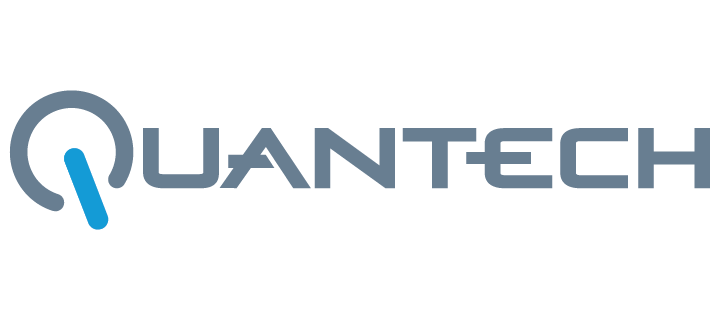







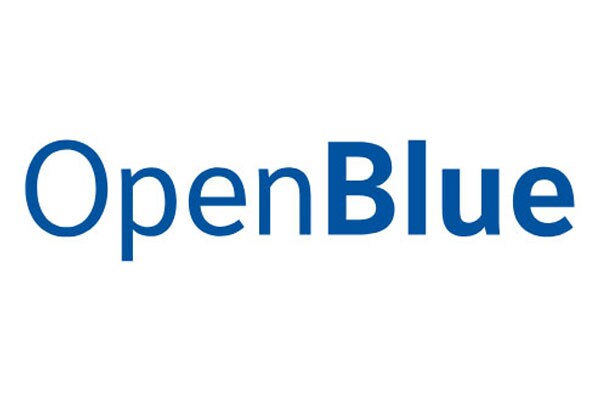
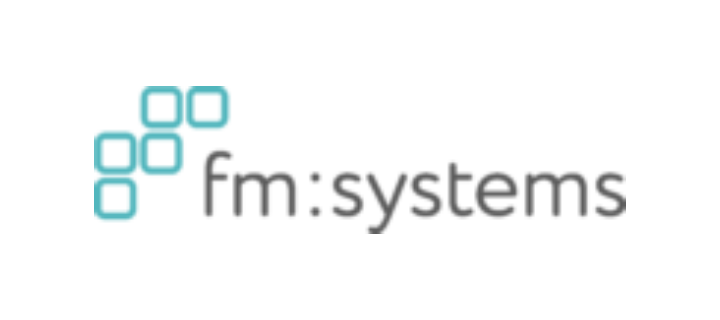







.png?la=en&h=70&w=157&hash=717A494A27ED61C45CEF95AC3A9C6309)

